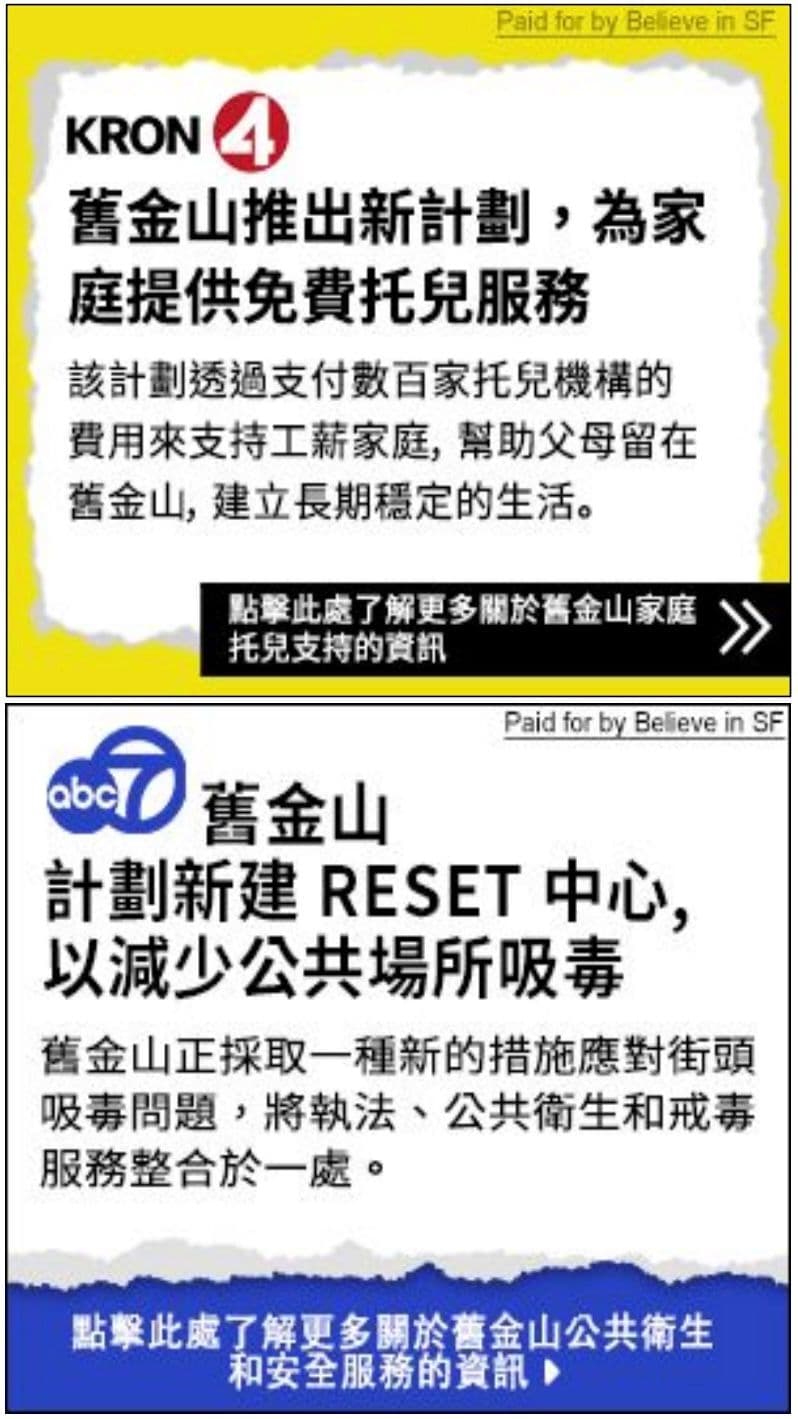Chinese American voters reluctant to support Proposition 50 in California’s November 4 election

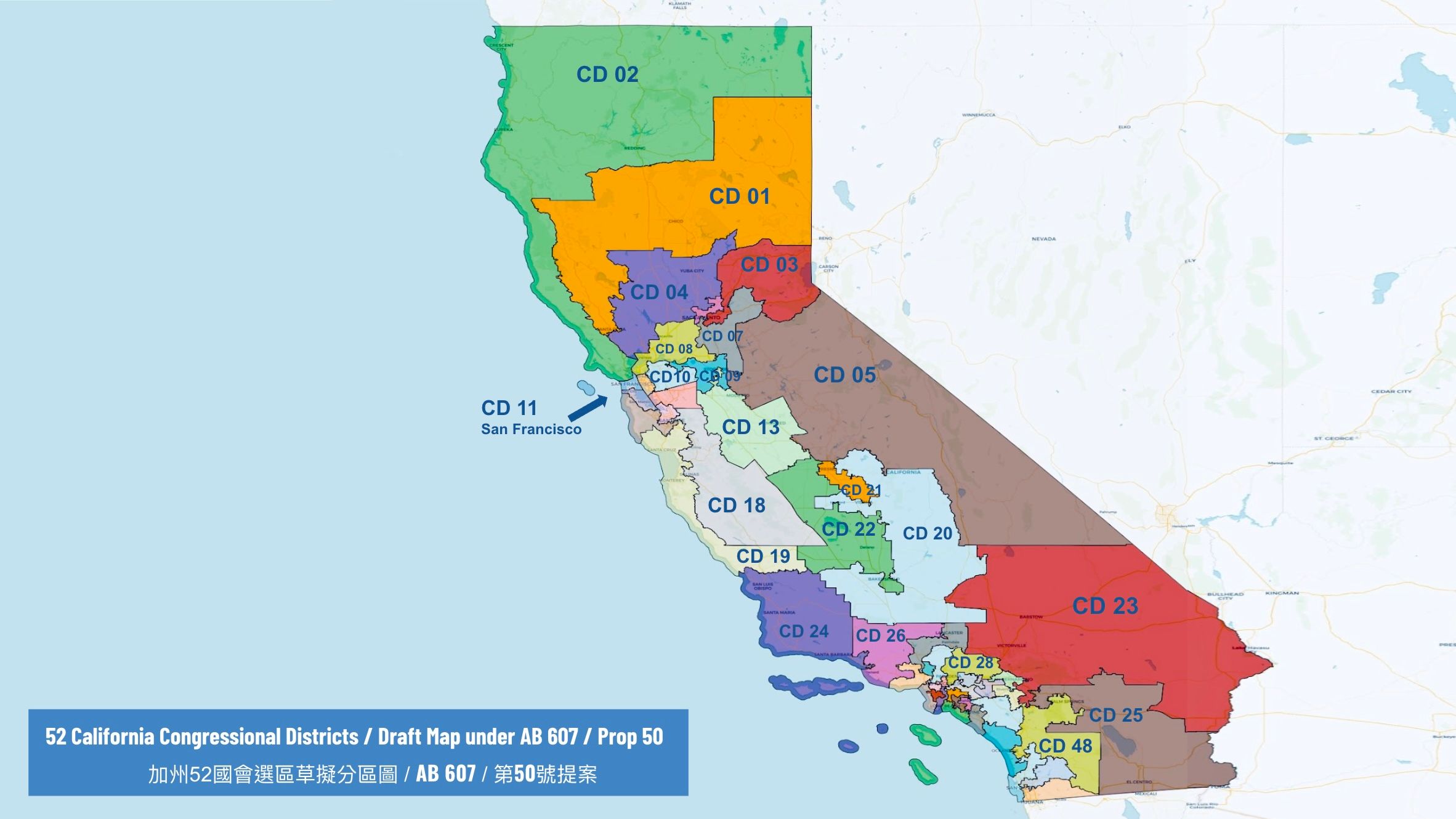
SAN FRANCISCO — Since October 6 ballots of California's November 4 Special Election have arrived in the mail boxes, Proposition 50 has become one of the hot topics among California voters chatting on the streets. Many Chinese American voters are reluctant to support Prop. 50, the state ballot measure aimed to amend the Constitution of California in order to allow the state to temporarily use a new congressional district map for elections in 2026 through 2030.
In the meantime, an organization, "No on 50, Chinese Americans for the Constitution (CAFC)", was newly formed, sending messages by hanging flyers at doors and on social media platforms, and asking California voters to oppose the state measure.
Prop. 50 is the single item for the November 4, 2025 election with no other statewide elections on the ballot.
The measure was proposed by Governor Gavin Newsom and democratic state legislators with a legislative package. Newsom signed the legislative package on August 21, 2025 with three bills, Assembly Constitutional Amendment 8, Senate Bill 280, and Assembly Bill 604, to place Prop. 50 on the ballot of November 4 Special Election.
The ballot measure was named as Proposition 50 to represent fair elections in all 50 states.
Prop. 50 proposes to voters statewide for a state constitutional amendment which authorizes California to use a temporary new congressional district map in elections held in 2026 through 2030.
Under Prop. 50, the independent Citizens Redistricting Commission will resume its task as written in the Constitution of California, redrawing a new congressional district map in 2031 based on the census data collected in 2030.
Prop. 50 was introduced in response to the congressional redistricting in Texas urged by President Donald Trump. The Texas State Legislature passed a congressional map that would target five Democratic-held seats. Texas' new congressional map was signed into law by its Governor Greg Abbott on August 29, 2025.
“Californians have been uniquely targeted by the Trump Administration, and thanks to the hard work of the California Legislature, they will have a choice to fight back — and bring much needed accountability to Trump’s efforts to undermine the democratic process," Newsom said in a statement when he signed the legislative package for Prop. 50.
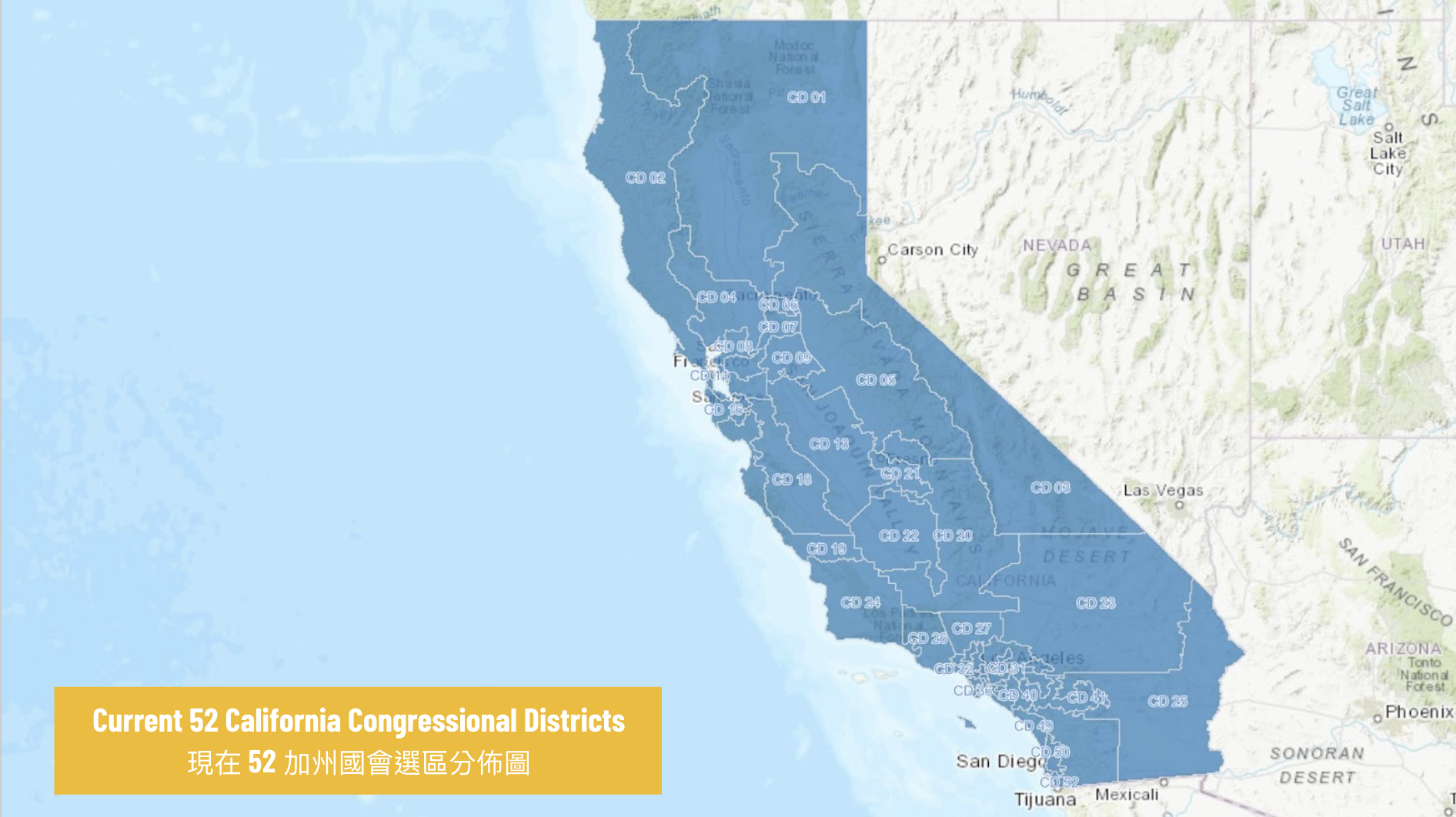
Elected officials in California mostly follow their political party lines in support or opposition of Prop. 50. Among the Chinese American voters, many of them are reluctant to vote yes for the state measure in the upcoming November election.
Y. Ng, a merchant in San Francisco Chinatown, said she and her friends had multiple conversations on Prop. 50 in the last few weeks and they were all against it. "Prop. 50 is a politically-driven ballot measure solely fighting for political power between two parties. These fights cost money which passes on to all taxpayers," said Ng. "All politicians should follow the U.S. constitution and laws to do their jobs, not to manipulate the system in their favors. If Prop. 50 is passed, we could expect more amendments like these to be brought to the voters."
"Regarding Prop. 50, I will, like many people, reluctantly support it. When the pendulum swings extremely high right, it will swing back to left most, that's what we learned from college physics," said Taylor Chow, a community and business leader in the San Francisco Bay Area. "I am not a Democrat or Republican. Most of the Chinatown people are expected to vote NO. They don’t like a lot of policies of Democrats and they thought the enemies of their enemies must be their friends."
Hazel Lee, a community leader and activist in political movements in San Francisco, has not confirmed her position on Prop. 50 yet. She suggested community members studied more on the ballot measure before they made decisions. Lee also urged and reminded all voters to cast their votes which were the voices for them.
Chinese American Congressman Vince Fong, a Republican who was elected to the House in May 2024 representing the 20th Congressional District of California in Fresno, asked voters to oppose Prop. 50.
"Californians created and overwhelmingly support an independent and transparent redistricting system to prevent exactly what Gavin Newsom is trying to do," Fong wrote on social media X. "It’s a system voters stood behind multiple times. Yet now, the Governor wants to abolish it for his own political gain— ignoring the will of the people. We must defend these voter protection in California’s Constitution."
Chinese American Democratic Club (CADC) in San Francisco endorses Prop. 50
The Chinese American Democratic Club (CADC), founded in 1958 as the oldest Democratic Club representing Chinese American democrats in San Francisco, overwhelmingly endorsed Prop. 50 at their general membership meeting with one vote for No and one abstention vote.
"Yes, there were some disputes internally but as democrats, CADC needs to defend the minority voting rights. Prop 50 also dictates that the Citizens Redistricting Commission will resume its work on the normal schedule in 2031 after the 2030 census," said Josephine Zhao, President of CADC.
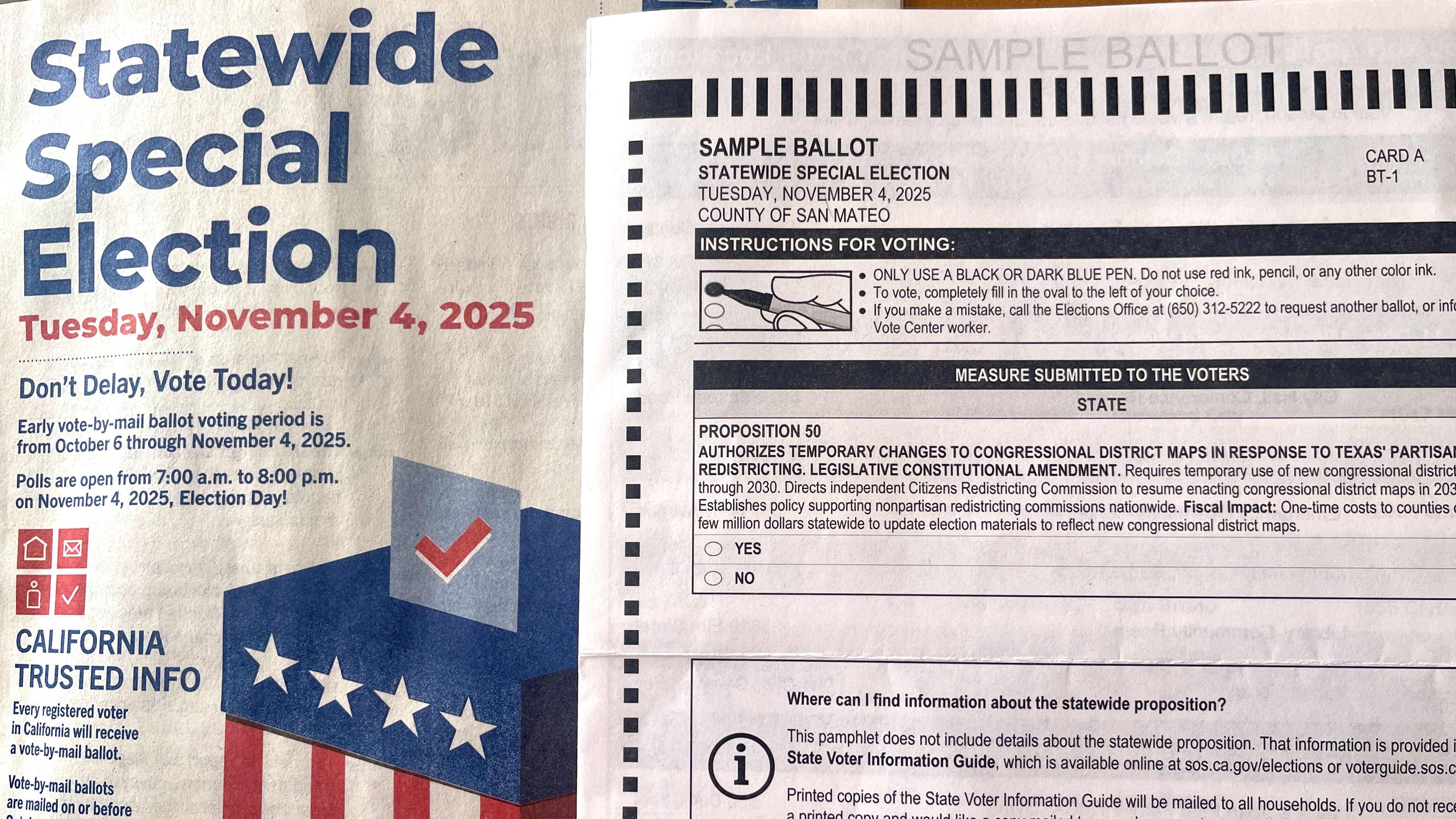
"The Club took this position not against the role of the independent redistricting commission, but to challenge President Trump," said Sam Kwong, a leader of CADC. "The voters of California must see through the unethical tactics used by the current administration to ignore and sidestep the Constitution of the United States with the sole purpose of amassing power to the Executive Branch of the Government."
"As the Chinese American Democratic Club, we support Yes on Prop. 50 because we believe in defending fair representation, protecting our voice, and preserving democratic principles at a time when they are under threat. Prop. 50 protects marginalized communities," said Julia Quon, Chair of Communications for CADC.
"CADC stands against the unconstitutional efforts to silence our voices and disenfranchise our communities of healthcare, voting rights, and the threat of deportation without due process of law," said Jonathan Louie, CADC Issues Committee Co-Chair.
No on 50, Chinese Americans for the Constitution (CAFC) formed to defeat Prop. 50
No on 50, Chinese Americans for the Constitution (CAFC) was founded by a group of patriotic Chinese Americans, including Yukong Mike Zhao and Frank Xu who serve as the Chair and Co-Chair of CAFC respectively.
Mike Zhao is a national leader of the legal fight against anti-Asian discrimination in college admissions for years. In 2020, Zhao organized Chinese American voters in California to vote against Proposition 16 which was also a ballot measure to amend the Constitution of California for the repeal of Proposition 209, a statewide measure passed in 1996 to prohibit government institutions from considering race, sex or ethnicity in public employment, public contracting, and public education.
Prop. 16 was defeated in the November 2020 election. Mike Zhao, who immigrated to the United States from China in 1992 to escape communism and pursue the American dream, is a resident of Florida.
Both Prop. 50 and Prop. 16 were ballot measures to amend the Constitution of California. Mike Zhao said both measures were also national issues which would impact Americans across the nation including Chinese Americans. His sister is a resident of Southern California.
"I am a steadfast defender of the U.S. Constitution. Because of the constitutional principles, many immigrants in the United States like myself have been able to achieve the American dreams," said Zhao in an interview with Wind Newspaper.
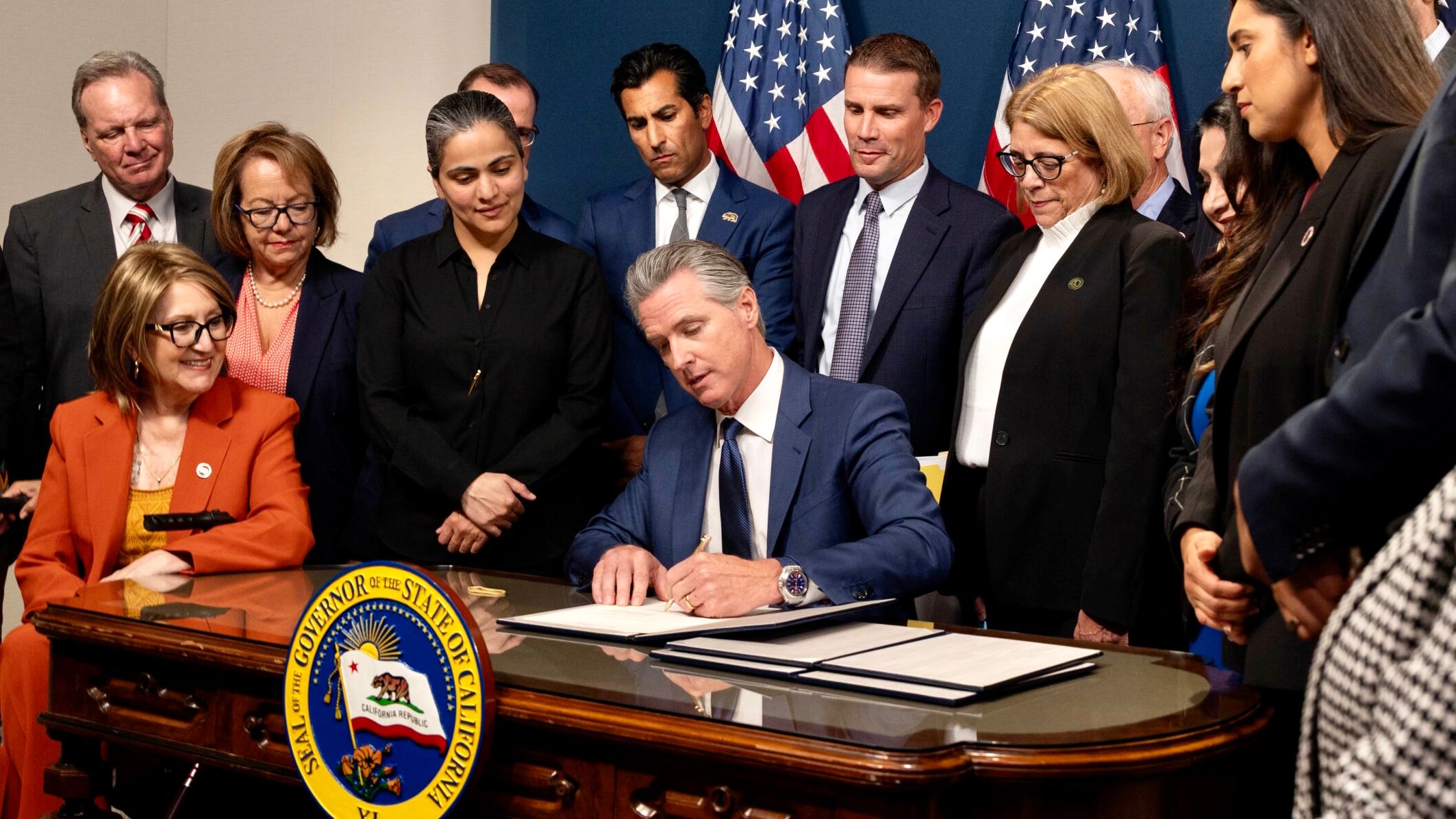
"Our campaign to defeat Prop. 50 is national," Zhao further said. "The coalition is still raising money nationwide to support our campaign for No on 50. At the same time, we have distributed 10,000 door hangers of our flyers to Californians asking them to vote no on Prop. 50. We will continue to post the No on 50 messages on WeChat and social media."
“As an American who has lived through authoritarian rule, I feel a deep responsibility to warn Californians: Prop. 50 is a misguided attempt to amend the Constitution," said Zhao. "It will skew political representation further toward the Democratic Party and accelerate harmful policies—such as leniency on crime, excessive taxation, and welfare for illegal immigrants—that conflict with the cultural values of Chinese Americans and undermine the core interests of all Californians.”
Among 52 members of the House of Representatives from California, currently 43 members are Democrats and 9 are Republicans. "Over 80% of California's congressional districts are represented by Democrats. Why do the democrats in California still want to take away more seats from Republicans in Congress?" Zhao added.
Xu, Co-Chair of CAFC, is a resident of San Diego. “Five years ago, patriotic Chinese Americans played a pivotal role in defeating the heavily funded Prop. 16," said Xu, who is also a community leader in San Diego and Finance Chair of Californians for Equal Rights No on 16 in 2020.
"This year, we have another opportunity to make a difference. Through our deep commitment to constitutional principles and our readiness to act, we can help defeat Prop. 50 and protect the future of California," Xu said.
- San Francisco Police Department increases foot and vehicle patrols for Lunar New Year in celebration areas to ensure safety
- Alleged scams appear in Chinese-language newspaper job advertisements seeking workers caring for the elderly, San Francisco Police Department urges victims to file reports
- San Francisco becomes a newest local partner of Dolly Parton’s Imagination Library in the Bay Area to offer free books to all young children
- California state employees alarmed by demand to prove their citizenship or work eligibility
- “No Red Lanes on Ocean Avenue”, Chinese American merchants, residents and community members in San Francisco say
- Open Forum: Strong protest against unilateral street closure decision for SF Chinatown night market without merchant consultation
- Interim Police Chief Paul Yep honored for leadership with historic low crime rate and record high police hirings
- An increase in flu activity seen in SF Bay Area, experts recommend everyone aged 6 months and older to receive the flu vaccine

